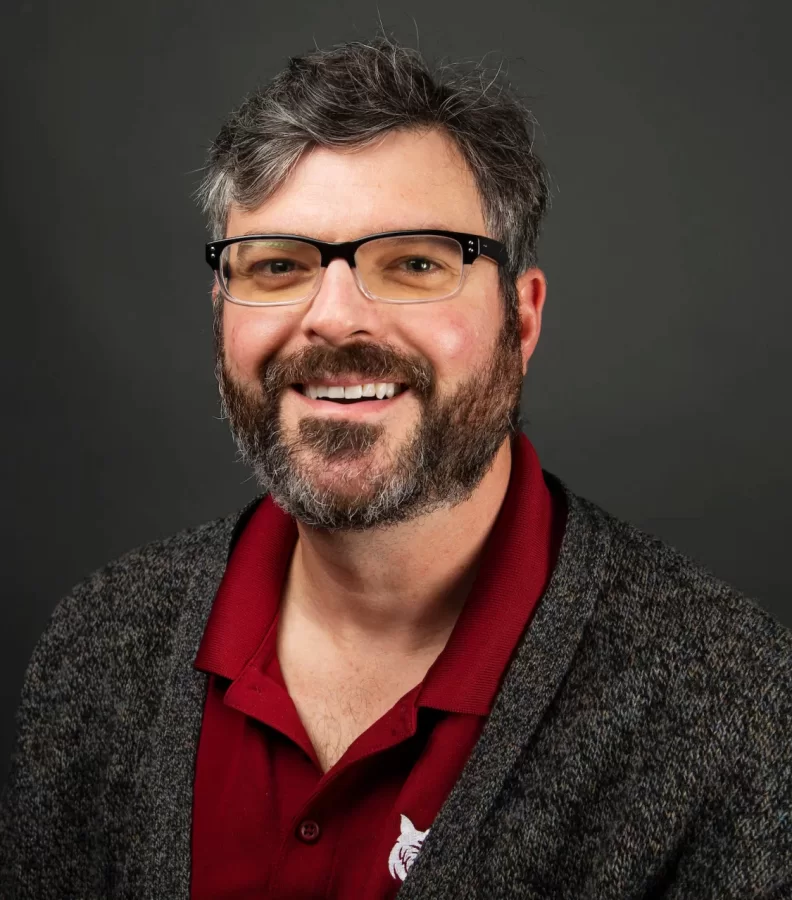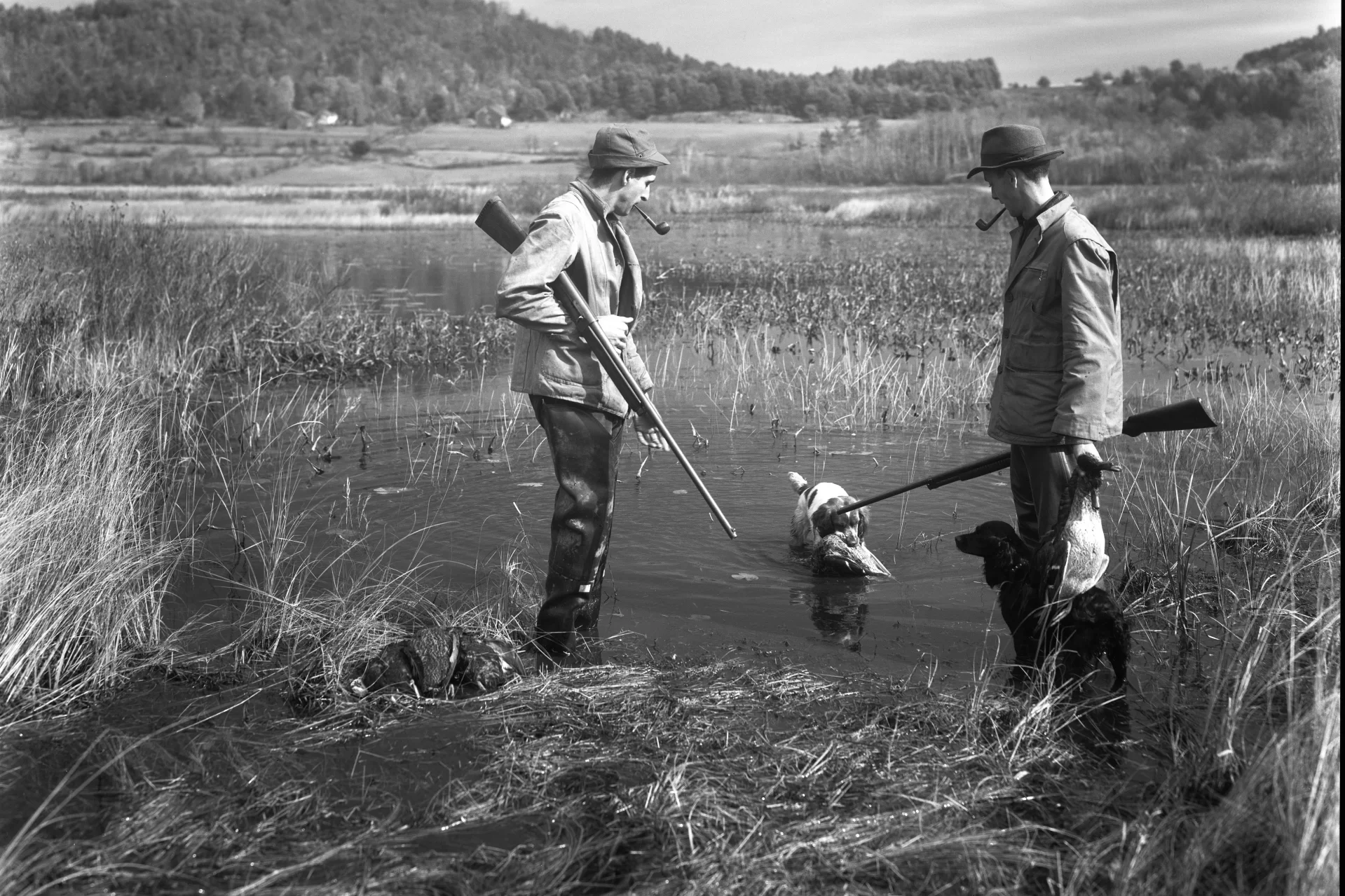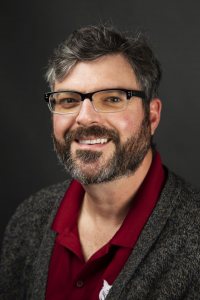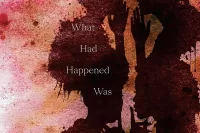
Professor of Sociology Michael Rocque has been an expert source for the media on gun violence for years and has also regularly authored opinion pieces on the topic. In the wake of the mass shootings in Lewiston, one year ago, he wrote an opinion piece for The Boston Globe, calling for legislative action, as well as a column for The Daily Beast.
But in a recent piece for Slate, Rocque took a new approach to the issue, delving into the available data around weapons used for hunting versus self-defense, and calling for more nuance in discussions on how gun volume in the U.S. relates to violence.
Raised in Maine, Rocque has been a hunter since he was a boy. He vividly recalls taking his required hunting safety course with his father at his side. As a sociologist, he’s long puzzled over why Maine, a place with a high rate of gun ownership, has had low rates of gun crimes. But as he writes now, “I was overlooking the reality that a large portion of guns [in Maine] are likely meant for killing wildlife. What’s the difference? I would argue a lot.”
Faculty in the News: Bates Bylines and Sources
Professor of Sociology Michael Rocque’s research interests are criminological theory, racial disparities in the criminal justice system, and desistance from crime. Rocque received a Ph.D. from Northeastern University’s School of Criminology and Criminal Justice.
“There is a symbolic difference between owning weapons for hunting and owning weapons for sport or defense. The former is not infused with the implication of violence against humans. The latter carries with it that possibility.”
Bates News had questions for Rocque about how this piece came about, his evolving thoughts on how a decrease in hunting nationwide might be linked to the data around guns and violence and what’s next for him in terms of scholarship.

BN: When did you realize that you’d been overlooking this differential between Maine’s relatively low gun violence rates versus its high rate of gun ownership?
MR: I thought about this initially when the Maine Legislature was considering a group of gun laws a few years ago and the media was asking me questions about how much of a likelihood there was for a mass shooting in Maine. We have low gun crime but relatively high gun suicide rates, which is part of this puzzle.
BN: In the piece you review some of the studies available and outline what we are missing in terms of data. There’s no national registry of guns in the U.S., or comprehensive data on the amount and type of guns that Americans own. There have been some analyses around types of firearms, such as handguns, but not much in the way of studies around a possible connection between hunting and crime.
While you as a hunter are horrified by even the idea that a gun you buy for hunting could be used to harm a human being, you write, “an argument can be made that hunting would be related to a higher propensity to commit crime. After all, hunters kill animals and are used to handling weapons. Perhaps a willingness to take a life translates to a greater willingness to cause pain across species.” But you haven’t found any data that show a conclusive connection between hunting and crime, one way or another. Does this mean you’re about to dive deeper into this as a scholar?
MR: I would very much be interested in exploring this topic further on more than a surface level. I think there are interesting logical arguments to be made about how hunting may be related to crimes. Putting data to work to better understand this relationship is important and can add nuance to the gun debate we’ve been having for 50 years.
BN: What has the response to the Slate article been so far? Have you heard from a lot of hunters? You write about being in the woods with your dad’s old hunting buddy Jack and his stance that “it’s not the guns, it’s the people” behind these mass shootings. While you write, “No, guns on their own don’t kill people, but they do allow a person intent on killing an easy way to do so,” you’re not picking a fight with him. You’re more interested in nuance, and frustrated by the way both sides, as you write, “overlook so many shades of grey.”
Have you heard from Jack since the piece was published? Or others?
MR: I have not heard from Jack but I’m looking forward to discussing the ideas with him. I have heard from a few people who have appreciated the perspective and a few who think I missed the mark. It’s always great to write something that people are considering and thinking about even if they disagree though.
BN: You seem to draw the conclusion that the decrease in hunting nationwide — i.e., gun ownership not just for sport but also literally for filling freezers for families to eat — and the increase in gun crime might be linked. Is this right?

MR: Yes, and more specifically, if the decrease in hunting is linked to mass shootings. The connection is a bit complex and not likely to be direct, but to the extent that there are more guns in circulation now and fewer hunters suggests that those guns are meant to be used on humans, not animals.
BN: Do you mean that given that the number of hunters continues to decline, it’s hard to overlook that, overall, the purpose of gun ownership has shifted?
MR: Yes, I think that’s a fair question to ask. We know that the NRA, for example, shifted quite significantly from advocating for gun safety initially to now primarily being concerned with making sure there are no limits to gun ownership. So I think culturally there has been a big shift in the US. .in terms of what guns mean and what they symbolize.
BN: How did this piece end up in Slate?
MR: My Bates colleague [Assistant Professor of Environmental Studies] Tyler Harper let me know that one of their editors was interested in essays exploring the gun debate in unique ways, and she mentioned hunting in her list of possible topics. I pitched the idea to her, and she accepted it in the spring but wanted to wait until hunting season before running it.
BN: I know you’ve been working on a sociological study of lobster fishing in Maine, which sounds fascinating. Will you have to put that aside to do this work on gun ownership?
MR: The lobster project is my main priority in terms of research but the violence and gun crime topic is still one that I’m working on with some colleagues across the country. I like to diversify the topics that I work on to avoid burnout!
Faculty Featured

Michael Rocque
Professor of Sociology and Associate Dean of the Faculty




